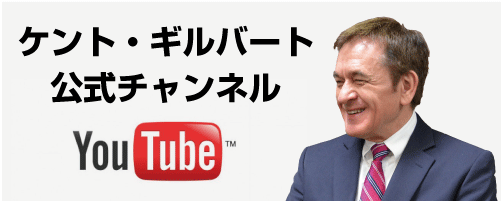【ニッポンの新常識】Common Knowledge Revisited㊸
戦後日本の歪んだ「言論の自由」と罰則すらない放送法
Postwar Distorted “Freedom of Speech” and Toothless Broadcast Law
http://www.zakzak.co.jp/society/domestic/news/20151128/dms1511281000003-n1.htm
Most Japanese people have a strong sense of justice and dislike breaking rules. On the other hand, the idea exists somewhere in the Japanese mentality that “We are safe if everyone crosses together on a red light.”
I think the root of this clearly contradictory Japanese mentality is the value “respect for harmony” espoused by Shotoku Taishi.
Usually breaking a rule would “disrupt harmony,” but among Japanese themselves, depending on the prevailing mood, sometimes approval of the breaking of a rule does not “disrupt harmony.”
However, when everyone crosses on a red light every day, they forget the underlying rule, which can be a problem.
※
Broadcast Law, Article 4. The broadcaster shall comply with the matters provided for in the following items when editing the broadcast programs of domestic broadcasting or domestic and international broadcasting (hereinafter referred to as “domestic broadcasting, etc.”):
(i) It shall not harm public safety or good morals;
(ii) It shall be politically fair.
(iii) Its reporting shall not distort the facts;
(iv) It shall clarify the points at issue from as many angles as possible where there are conflicting opinions concerning an issue.
※
Television and radio operators, while private enterprises, are quasi-public entities licensed by the national government to exclusively use and monopolize certain broadcast frequencies. Accordingly, in all countries their “freedom of speech” is subject to certain restrictions. Article 4 of the Japanese Broadcast Law is a relatively loose requirement calling for fairness, neutrality, and factual accuracy, and in fact has no provision for penalties in the event of violations.
Incidentally, newspapers and other printed media enjoy full “freedom of speech” and are not subject to any laws such as the Broadcast Law.
On September 15, 1945 the Asahi Newspaper published an interview with Ichiro Hatoyama (who later became prime minister) who opined that “use of the atomic bomb and killing of innocent civilians [abbreviated] was an undeniable war crime.” On the 17th of the same month, it also published an article critical of the crimes of American occupation forces. As a result, it was slapped with an order for a two-day suspension of publication.
Article 10 of the Potsdam Declaration stated “Freedom of speech, of religion, and of thought, as well as respect for the fundamental human rights shall be established,” but in Japan under GHQ (General Headquarters of the Allied Forces), there was no freedom of speech.
Getting back to the Broadcast Law, GHQ forced broadcasters to convey “factually distorted reports” through programs such as NHK’s radio program “This Is the Actual Truth.” Thereafter, for 70 years many broadcasters have continued to cross on the red light.
The “Association of Audiences Seeking Adherence to the Broadcast Law” of which I am a founding member, advocates only that it is time to stop crossing on the red light. However, for the broadcasters, we may be viewed as rude intruders disrupting the harmony which has existed for 70 years.
CGS3周年記念講演12/12(土) 豊島公会堂
東京大素読会12/23(水・祝) 明治記念館
毎週日曜日発行 まぐまぐメルマガ:http://www.mag2.com/m/0001655307.html
Official
Home Page 公式サイト:http://www.kentgilbert.com/
Official
Blog 公式ブログ:http://ameblo.jp/workingkent/
放送法遵守を求める視聴者の会:http://housouhou.wix.com/tvwatch
